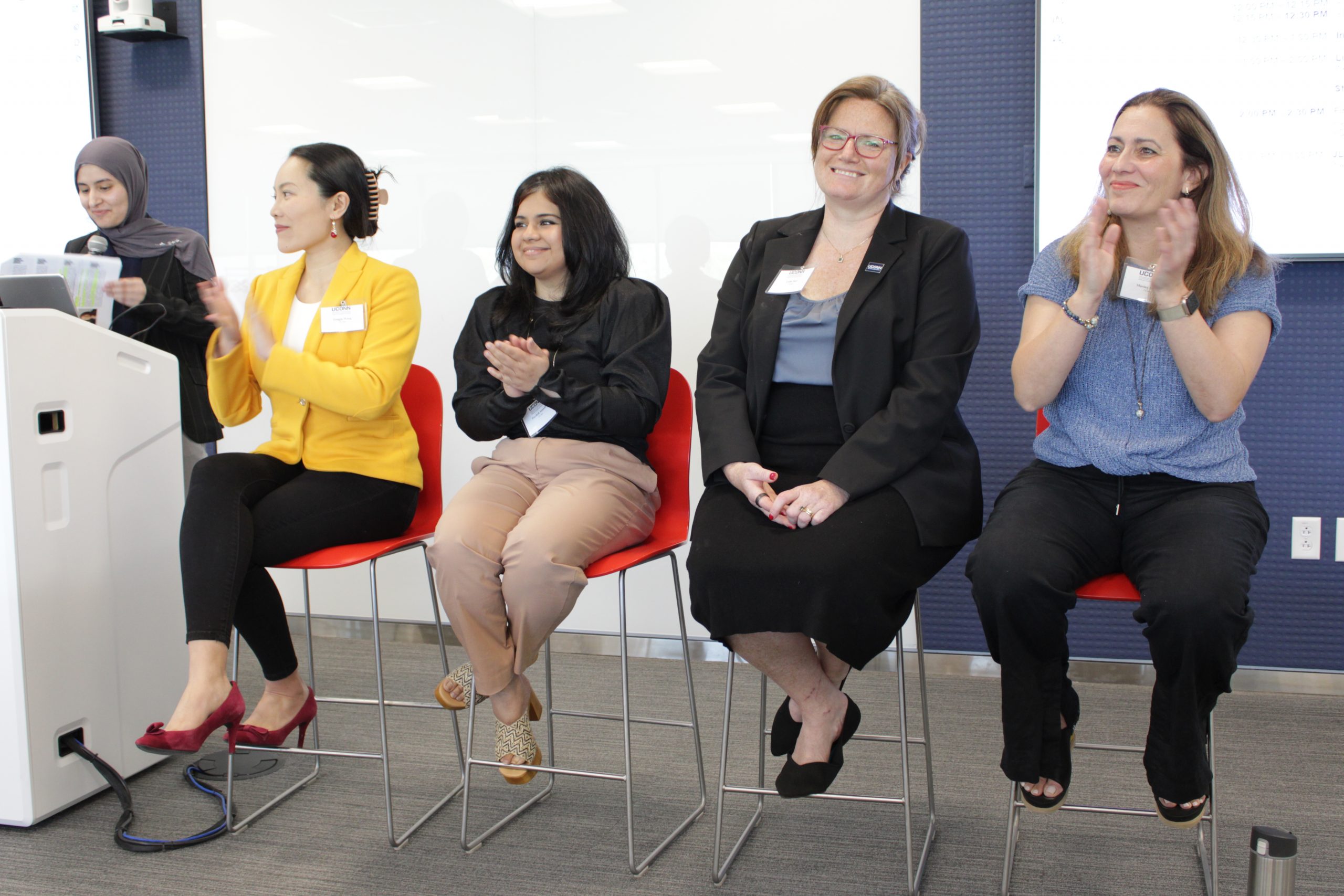Related News
Nurses and Engineers Advancing Patient Care Together
UConn Tech Park’s Nursing and Engineering Innovation Center brings nurses and engineers together early in the design process to create healthcare technologies that solve real-world clinical challenges.
Awards Spotlight UConn’s Clean Energy Excellence
Guilherme Bertola Awarded 2025 NERPG Scholarship
Chemical Engineering PhD student Guilherme Bertola received a prestigious NERPG scholarship for innovations in microwave curing of 3D-printed elastomers.
UConn Researchers Tackle the Growing Threat of Wildfires to the Power Grid
Led by Junbo Zhao, UConn researchers show how the power grid both supports communities and drives wildfire risks, outlining resilience strategies and advanced monitoring tools in Nature Reviews Electrical Engineering.
Eversource Energy Center Faculty Receive Prestigious NSF CAREER Awards
How to Partner With Industry (by Really Trying)
Leadership Horizons Workshop Empowers UConn Engineering Grad Students
UConn Tech Park was pleased to host the Leadership Horizons: Exploring Paths Beyond Graduation leadership workshop from the UConn Engineering – John Lof Leadership Academy on May 13. The workshop was designed to educate graduate students from the UConn College of Engineering about leadership opportunities in various career sectors (industry, academia, and entrepreneurship).
Attendees heard from guest speakers from both industry and academia, who discussed the opportunities and hurdles students may face as they move forward in their careers. Thank you to all speakers for your invaluable expertise and guidance!


